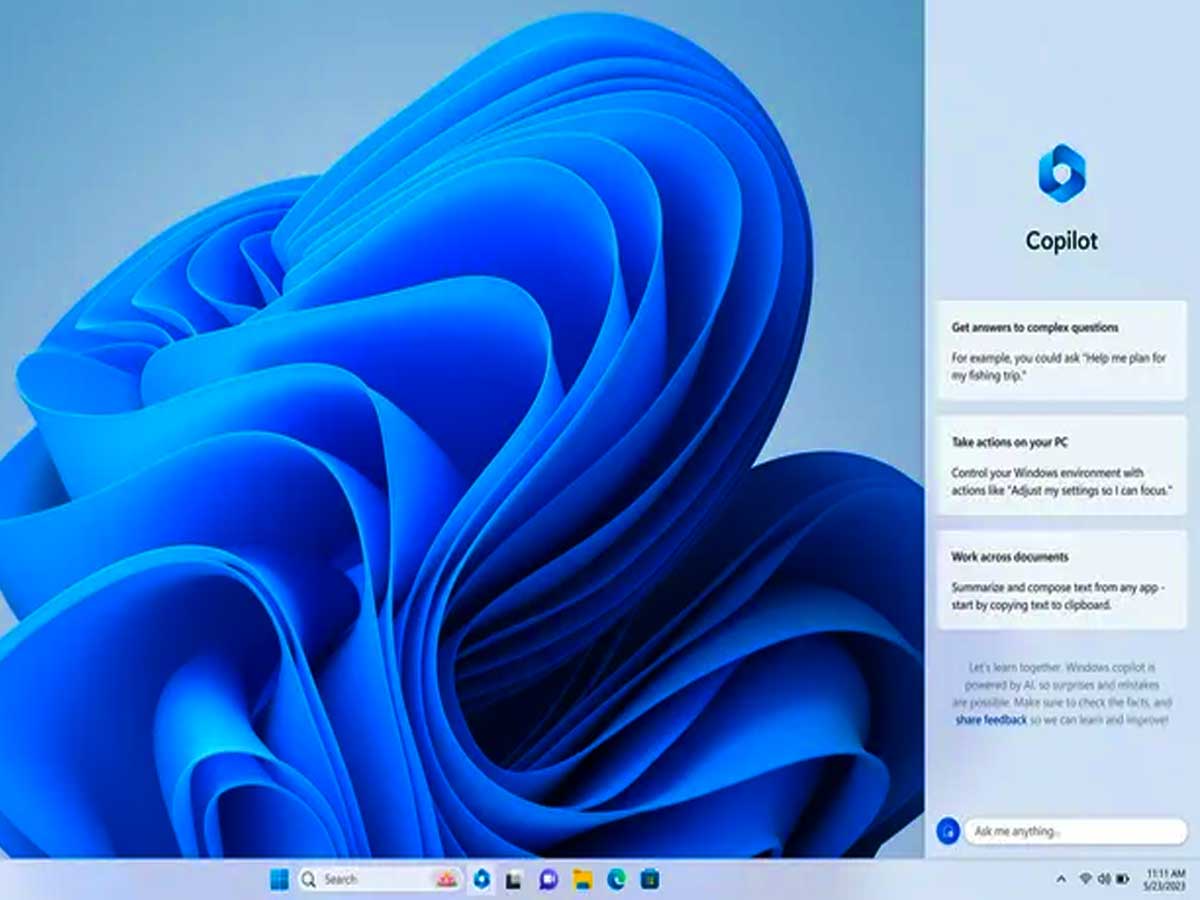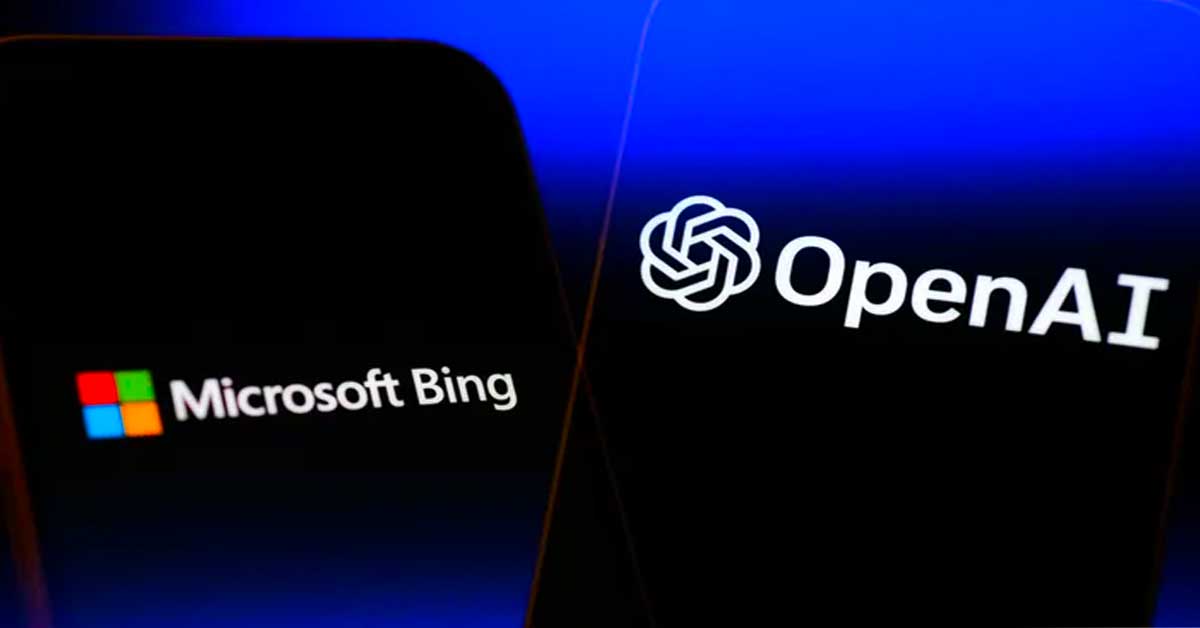In a major announcement at its annual Build conference, Microsoft unveiled its latest innovation in the world of AI: Windows Copilot. This groundbreaking AI assistant is set to revolutionize the daily lives of Windows 11 users, promising to enhance productivity, streamline tasks, and provide seamless integration across the Windows ecosystem. With its imminent availability through the Windows 11 Preview in June 2023, Copilot is poised to take center stage and redefine how we interact with our computers.
Microsoft's vision for Copilot is clear—to make it the focal point of the Windows experience. By strategically placing the Copilot icon next to the Windows 11 search bar on the desktop, Microsoft ensures that users won't be able to overlook this powerful assistant. Furthermore, Copilot remains by your side throughout your work, manifesting as a sidebar that maintains consistency across various apps, programs, and windows. This omnipresence ensures that Copilot is always ready to assist, enabling users to navigate their digital tasks seamlessly.

Windows Copilot is more than just a glorified search tool or a basic assistant—it is a comprehensive solution designed to enhance productivity and simplify complex tasks. With the ability to handle essential functions such as copy and paste, Snap Assist, Snipping Tool, and content rewriting, Copilot empowers users to accomplish more in less time. Furthermore, its integration with Bing Chat and an ever-expanding range of third-party plugins amplify its capabilities, enabling it to handle question-answering functions and many other tasks seamlessly.
Microsoft's foray into AI assistants has been around for a while. The company's previous attempt with Cortana for Windows 10 was met with mixed results. Despite integrating various devices and platforms, Cortana failed to gain widespread popularity or demonstrate its superiority over competitors. However, Microsoft has learned valuable lessons from the Cortana experience and is determined to rectify its past mistakes with Copilot.

One of the key lessons Microsoft took away from Cortana's underwhelming performance was the need to enhance efficiency and productivity. With Copilot, the focus is squarely on making the Windows 11 experience more efficient and providing simple yet effective solutions to complex problems. Whether streamlining workflows, answering difficult questions, or eliminating the need to open a web browser for certain tasks, Copilot aims to be a true productivity powerhouse.
As the first mover in consumer-grade AI assistants, Microsoft holds a distinct advantage. With Copilot, they aim to set the bar for what a useful AI assistant should be. While there are a few competitors in the market, such as the ChatGPT app, Google's AI search products, and legacy assistants like Siri and Google Assistant, Microsoft's integration of a generative AI assistant directly into the PC desktop experience is unparalleled.
:no_upscale():format(webp)/cdn.vox-cdn.com/uploads/chorus_asset/file/24676162/windowscopilot.gif)
Copilot's significant advantage lies in its integration with Bing Chat and the ability to leverage third-party plugins. By building on the foundations of Bing Chat, Microsoft has created a powerful platform that can harness the potential of ChatGPT and existing Bing plugins. This not only expands the functionality of Copilot but also ensures that future improvements and advancements in these areas will seamlessly carry forward to enhance the assistant's capabilities.
For the past six months, Microsoft has been teasing the integration of AI features into Windows, promising to reinvent how users interact with their computers. However, while many expected these features to debut with the next major version of Windows, Microsoft has chosen to forge ahead and make its AI ambitions a reality with Windows Copilot.
Microsoft is committed to delivering a robust and refined experience with Copilot. To achieve this, the company will conduct public testing of the assistant starting in June. This testing phase will enable users to provide valuable feedback, allowing Microsoft to fine-tune and optimize Copilot based on real-world usage scenarios.
Following the testing phase, Microsoft plans to roll out Windows Copilot more broadly to existing Windows 11 users. With its extensive functionality, seamless integration, and focus on productivity, Copilot has the potential to reshape the landscape of AI assistants and set new standards for usefulness and efficiency.
Sources: foxbusiness.com / tomsguide.com / theverge.com












